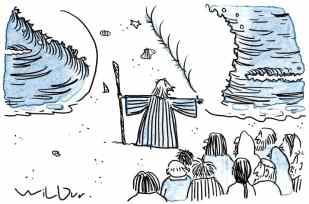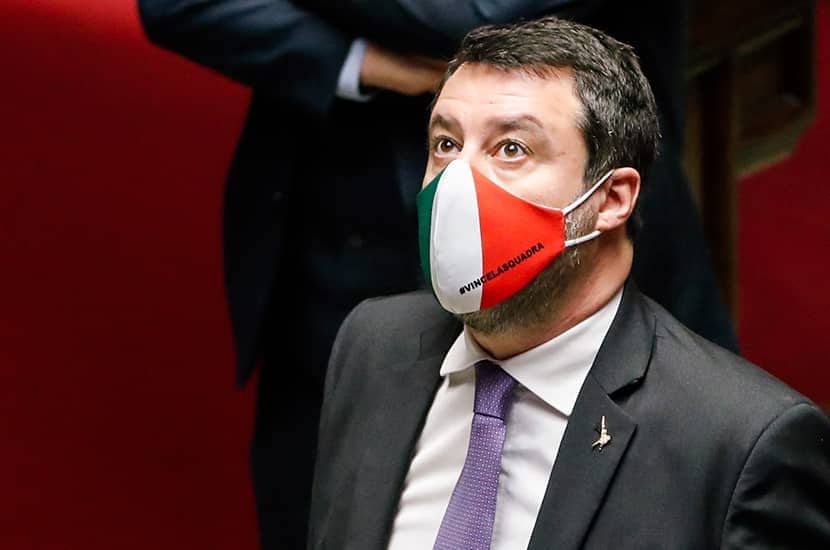Ravenna, Italy
Ever since Russian tanks rolled into Ukraine, it’s been widely assumed that Europe’s right-wing populists are finished. Figures such as Marine Le Pen, Matteo Salvini and Viktor Orban have all been cast as Putin’s useful idiots – defending his nefarious deeds because they saw him as a vital ideological ally. Now that Putin’s craven cruelty can no longer be excused, it’s argued, time is up: both for their sordid dance with Putin and for them.
‘The invasion has already done huge damage to populists all over the world who prior to the attack uniformly expressed sympathy for Putin,’ writes Francis Fukuyama in a recent essay.
But what if this prevailing analysis is mistaken? Might war in Ukraine make right-wing populists even more popular? It is a conflict that exposes the difference between bad nationalism, the imperialistic kind expressed by Putin, and good nationalism, the patriotic kind expressed by Ukraine: the desire to defend rather than impose one’s country, its way of life and culture.

The war puts the raison d’être of most European right-wing populists – the defence of the nation state and national sovereignty – back at the top of the political agenda. And it exposes the dishonesty of automatically branding such parties as ‘anti-immigrant’ or ‘anti-refugee’. Poland, which is governed by the nationalist Law and Justice party, has taken in 1.9 million Ukrainian refugees – more than the rest of the world put together. They are given Polish social security numbers and the rights to school and welfare.
Viktor Orban has been just as welcoming in Hungary, which has taken in 270,000 Ukrainians so far. He has kept the 85-mile border open, he said, because he trusts Hungarians ‘to tell the difference between who is a migrant and who is a refugee’.








Comments
Join the debate for just £1 a month
Be part of the conversation with other Spectator readers by getting your first three months for £3.
UNLOCK ACCESS Just £1 a monthAlready a subscriber? Log in